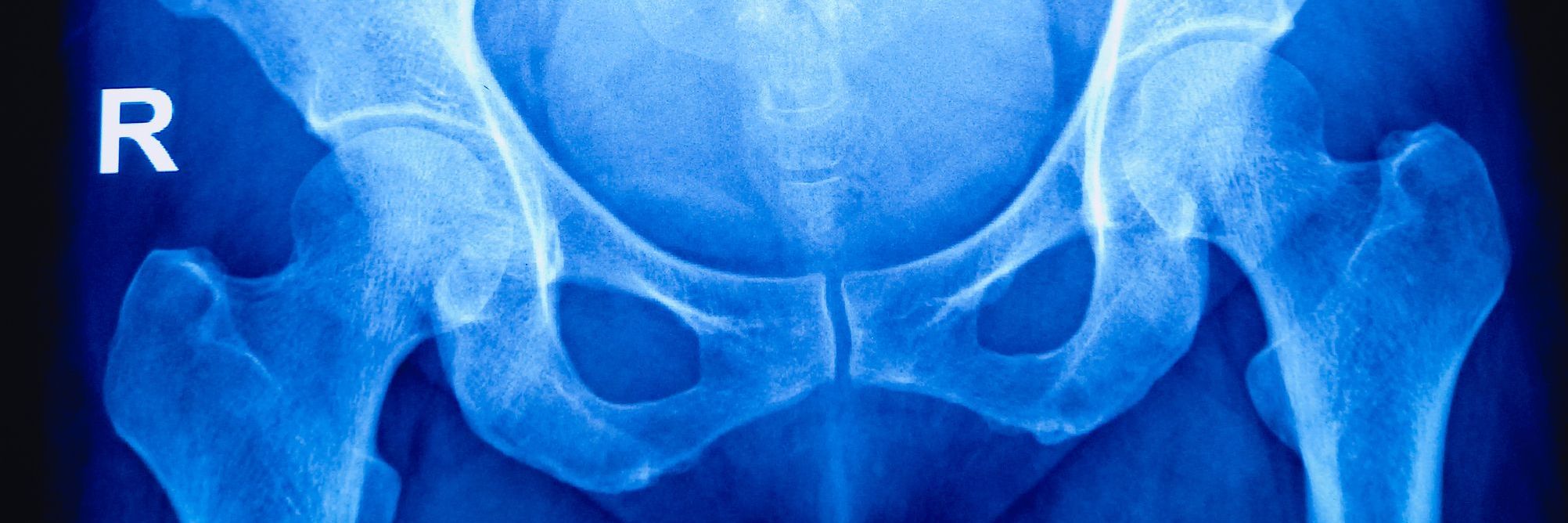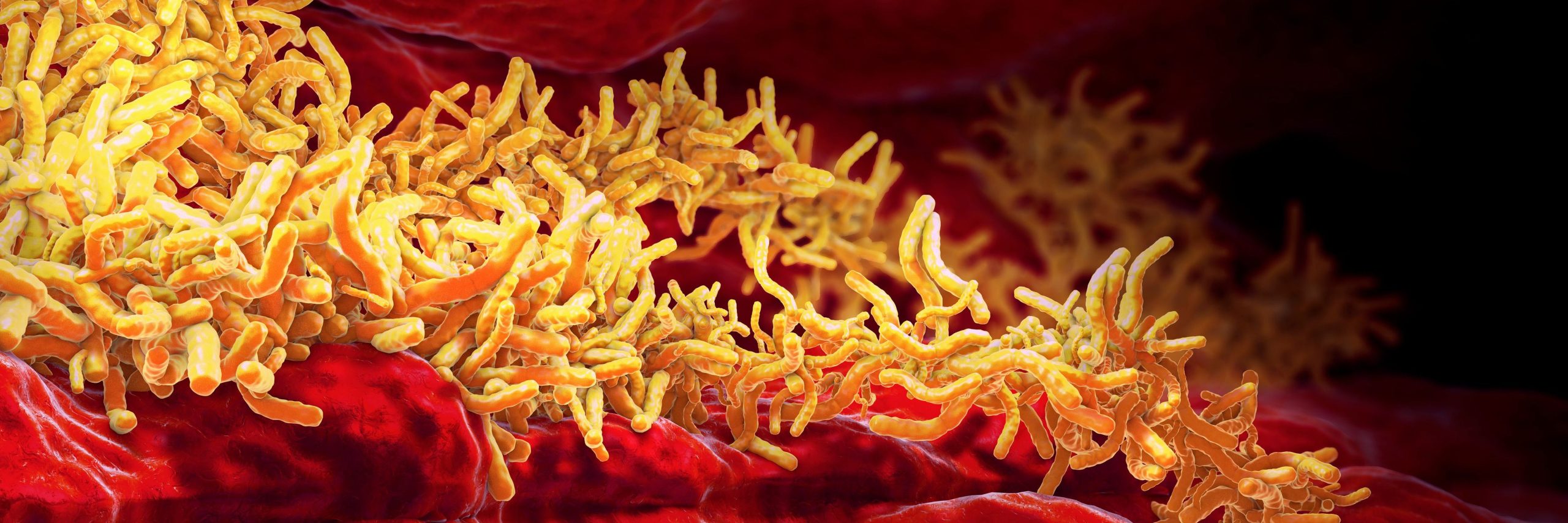Escherichia coli can cause severe infections. The latter can lead to disseminated intravascular coagulation (DIC). The importance of an early diagnosis of DIC is illustrated through this case report.
Review the utility and shortcomings of representative clinical indicators of E coli infection and DIC.
A 48-year-old man presented with diarrhea, nausea, and vomiting with fever of 2-day duration, during which consciousness was lost for 12 hour. Hematology was undertaken. The coagulation profile, liver function, and kidney function were determined, and blood cultures undertaken. The final diagnosis was acute gastroenteritis complicated by DIC. Meropenem (1.0 g, q8h, i.v.) was started, along with active replacement of fluids. Anticoagulant therapy (low-molecular-weight heparin 0.4 mL, q.d.s.) was given. Plasma supplementation of coagulation factors and albumin was applied. On day-5 of therapy, hematology showed the platelet count, D-dimer level, and prothrombin time to be improved significantly. Low-molecular-weight heparin treatment was stopped and antibiotic treatment was continued for 1 week. The patient made a full recovery.
In severe infection, timely assessment of the platelet count, procalcitonin level, coagulation function, as well as rational use of antibiotics, can improve the prognosis of patients.
Copyright © 2023 the Author(s). Published by Wolters Kluwer Health, Inc.













